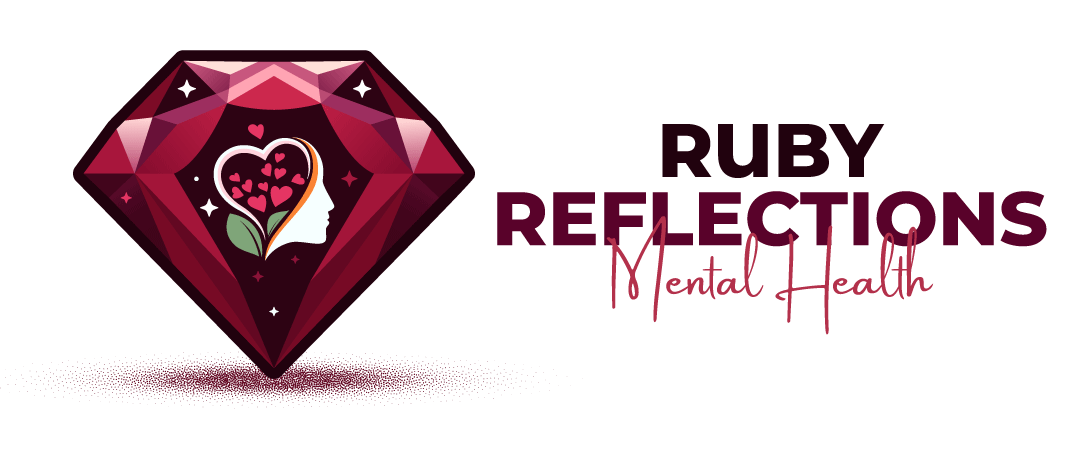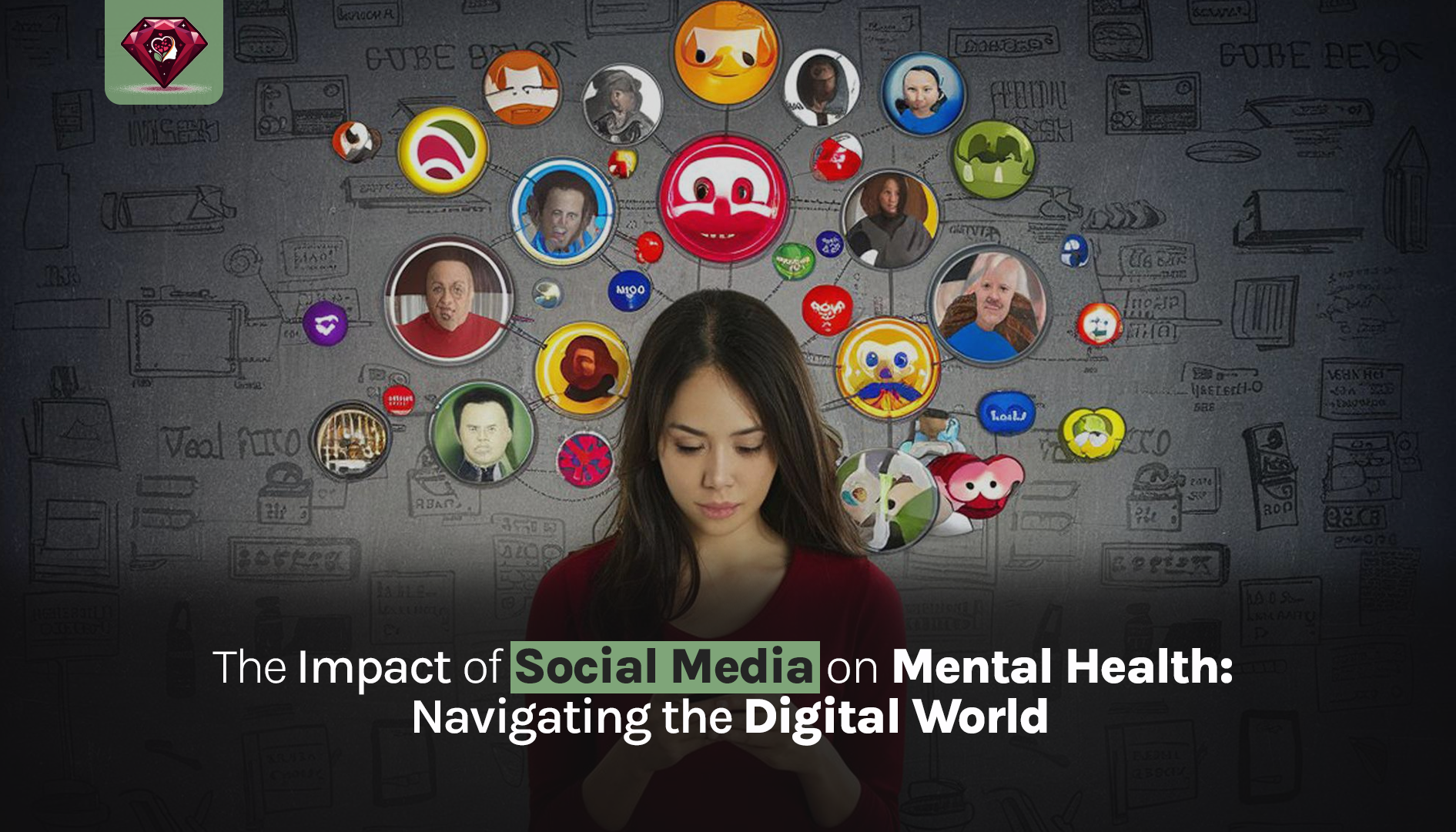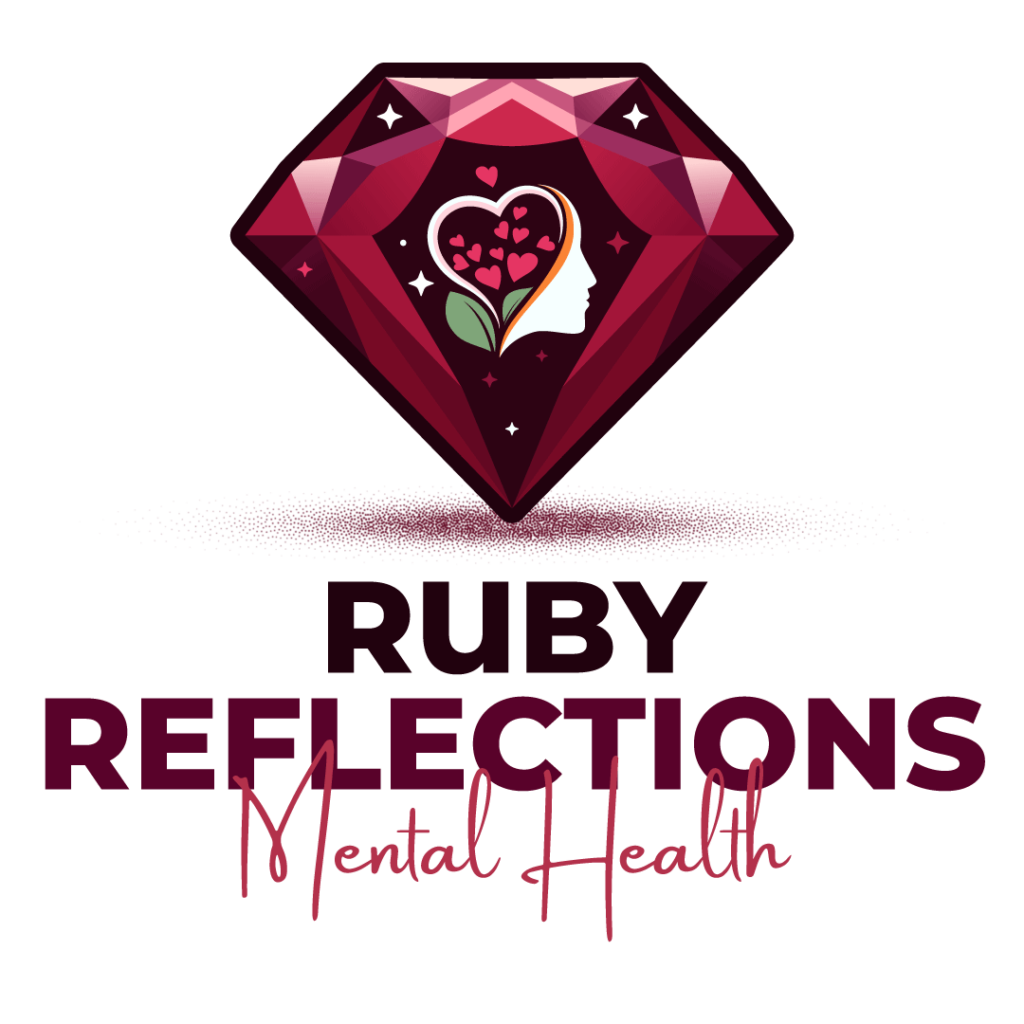Impact of Social Media on Mental Health: In the age of digital connectivity, social media has become an integral part of daily life for millions of people around the globe. Platforms like Facebook, Instagram, Twitter, and TikTok offer unprecedented opportunities for communication, self-expression, and information sharing. However, the pervasive use of social media also raises significant concerns about its impact on mental health. This blog examines the effects of social media on mental health, both positive and negative, and provides strategies for maintaining a healthy balance.
Positive Impact of Social Media on Mental Health
1. Connection and Support: Social media allows people to stay connected with friends and family, regardless of geographical distances. It also provides a platform for finding and joining support groups, where individuals can share experiences and receive emotional support from others facing similar challenges.
2. Access to Information and Resources: Social media offers access to a wealth of information and resources on various mental health topics. This can help individuals better understand their conditions, find coping strategies, and learn about available treatments.
3. Increased Awareness and Advocacy: Social media campaigns and influencers play a crucial role in raising awareness about mental health issues, reducing stigma, and promoting mental health advocacy.
4. Opportunities for Self-Expression: Platforms like Instagram and TikTok allow users to express themselves creatively through photos, videos, and writing. This can be a therapeutic outlet for many, fostering a sense of identity and community.
Negative Effects of Social Media on Mental Health
1. Comparison and Self-Esteem Issues: Social media often presents an idealized version of life, leading users to compare themselves unfavorably with others. This can result in feelings of inadequacy, low self-esteem, and depression.
2. Cyberbullying and Harassment: The anonymity of the internet can embolden individuals to engage in bullying and harassment. Victims of cyberbullying may experience anxiety, depression, and even suicidal thoughts.
3. Addiction and Distraction: Excessive use of social media can lead to addiction, impacting productivity and real-life relationships. The constant need to check notifications and updates can also cause anxiety and disrupt sleep patterns.
4. Information Overload and Misinformation: The sheer volume of information available on social media can be overwhelming, leading to stress and anxiety. Additionally, the spread of misinformation can create confusion and exacerbate mental health issues.
Strategies for Maintaining a Healthy Balance
1. Set Boundaries: Establish clear boundaries for social media use. Designate specific times for checking social media and stick to them. Avoid using social media during meals, before bed, and during family time.
2. Curate Your Feed: Follow accounts that promote positivity and mental well-being. Unfollow or mute accounts that trigger negative emotions or contribute to feelings of inadequacy.
3. Engage Mindfully: Be intentional about your social media interactions. Focus on meaningful connections and limit passive scrolling. Engage with content that uplifts and inspires you.
4. Take Breaks: Regularly take breaks from social media to recharge. Digital detoxes, where you disconnect from all online activities for a set period, can be particularly beneficial for mental health.
5.Practice Self-Care: Prioritize self-care activities that promote mental well-being, such as exercise, meditation, reading, or spending time in nature. Make sure to balance online interactions with offline activities.
6. Seek Support: If social media is negatively impacting your mental health, don’t hesitate to seek support from a mental health professional. Therapists can provide strategies to manage social media use and address underlying issues.
Conclusion
Social media has a profound impact on mental health, offering both benefits and challenges. By understanding the potential effects and implementing strategies to maintain a healthy balance, individuals can navigate the digital world in a way that enhances their well-being. Remember, social media is a tool, and how you use it can significantly influence your mental health. Stay mindful, stay connected, and prioritize your mental health in the digital age.







No comment